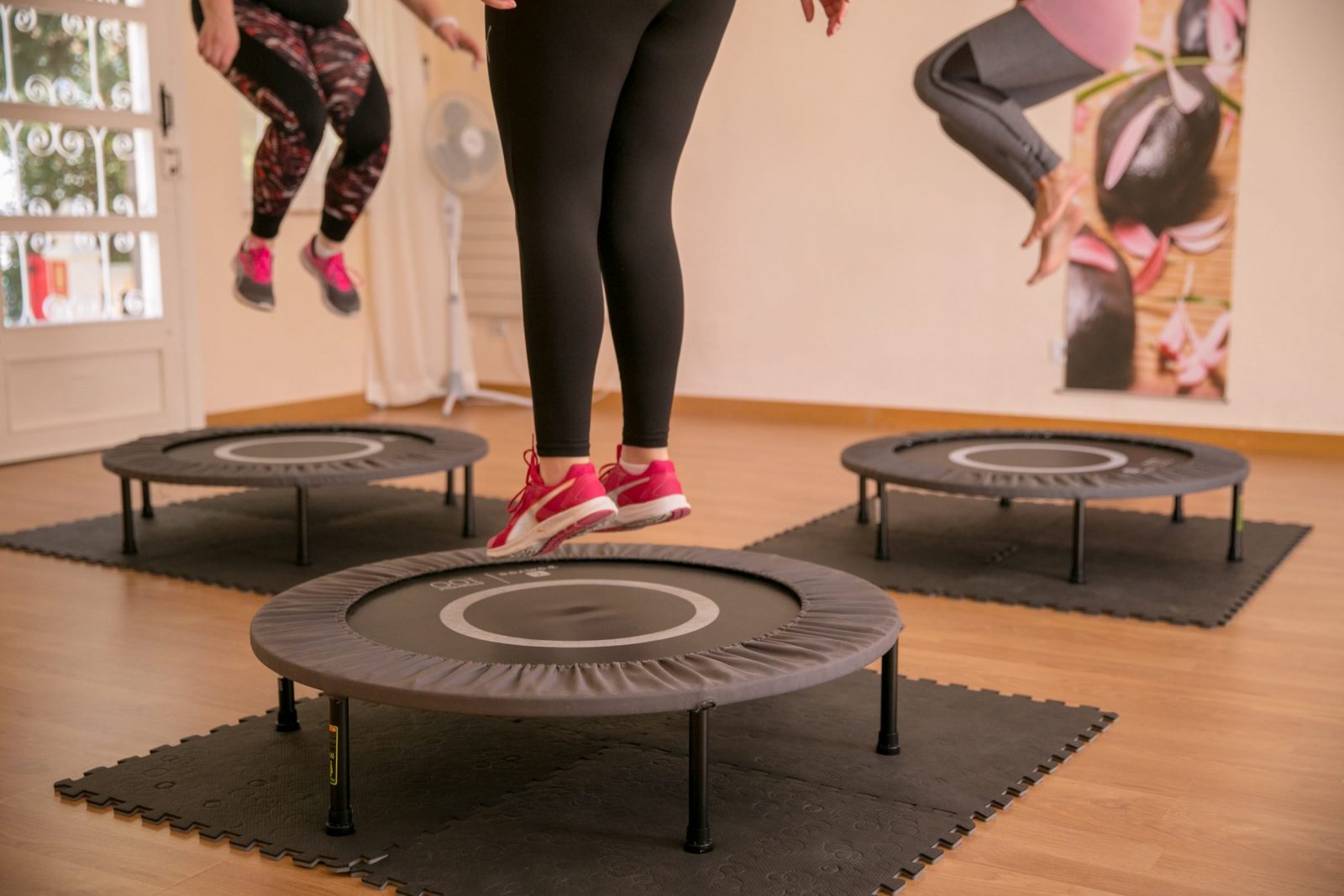Are you looking to purchase a rebounder? Rebounding is an effective form of exercise that possesses several advantages. It’s never a brilliant idea to choose the first mini-trampoline or rebounder you come across.
Making the most of your fitness regimen requires excellent rebounders, and when you take the time to choose a quality unit, it will keep you safe while assisting you in doing so.
What is Rebounding?
Rebounding is an aerobic activity that involves leaping on a small trampoline. Jumps can be done quickly or slowly, and they can be combined with walking or resting.
Among other advantages, rebounding may strengthen your bones, develop your leg muscles, and boost your endurance. This form of exercise is becoming increasingly popular since it is accessible to the joints while allowing you to engage your cardiovascular system.
Be careful to bear the advice and knowledge presented here in mind while making a rebounder purchase. Here are a few essential factors you need to consider when purchasing a rebounder:
Mat Quality
Your safety and effectiveness depend on the mat’s quality just as much on the springs. You should pay particular attention to the mat’s material because canvas, nylon, and plastic mats tend to stretch with time, which can cause support concerns and possible foot pronation.
Make sure the mat’s material won’t stretch. High-quality materials can also withstand weather damage if you keep your rebounder outside. To fully benefit from various training routines, you also need to seek a mat that will offer adequate support when working barefoot.
Comfort Level
Considering the comfort level is one of the essential things you should bear while purchasing your rebounder. It is advised to buy the high-end rebounder that helps you make jumps barefoot without turning up your feet. However, it would be best to consider purchasing a rebounder that offers better comfort while jumping.
Springs
The springs are one of the first components to be examined. Any mini-trampoline that uses tube springs should be avoided. The previous technology’s insufficient mobility eventually constrains your training regimen’s potential. There is another kind of “spring” to watch out for rebounders that employ bungee cords. Bungee cords may not give adequate support, which might result in erroneous landings and significant ankle problems, depending on the intensity of your activities.
Additionally, the bounce reaction time is slow; with time, bungee cords will degrade and need to be replaced. Instead, search for a rebounder with steel springs that are tapered. These components accommodate various body weights.
Size of the bouncing area
It is essential to consider the size of the bouncing area when purchasing a rebounder. The size varies depending upon the type of the rebounder. A few rebounders have a diameter size ranging from 70 – 75cm. This is why you should consider purchasing rebounders with a bigger diameter.
Bounce Level
A rebounder’s quality does not necessarily increase with increased bounce. Everything hinges on how you intend to utilize it. Choose a rebounder with little bounce for exercise. These promote lymphatic flow and lengthen your bounce.
Budget
Costs for mini rebounders range from $250 to $500. If you come across one for less expensive, it’s generally a good scenario. Choosing a less expensive choice may be acceptable if you have a tight budget, but you should consider all the factors to be sure.
Weight Limit
There are several rebounders available in the market. However, some come with a weight limit of 100 kgs, while some rebounders do not possess any weight limit. This is why you should consider purchasing a limitless weight rebounder if your weight is heavy.
Considering the following factors will help you choose the best rebounder for your needs if you’re interested in purchasing one. To determine the best solution, make sure to weigh your alternatives properly.

